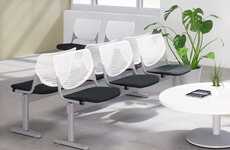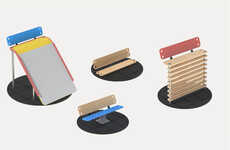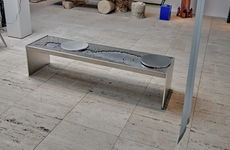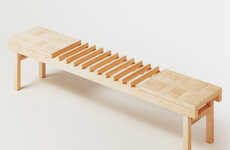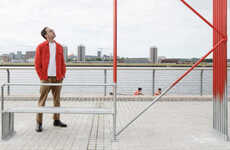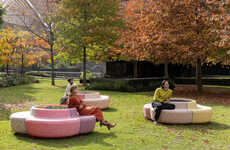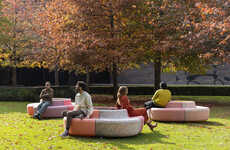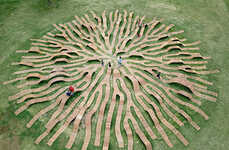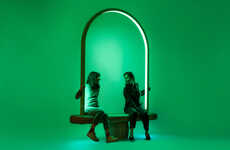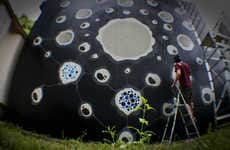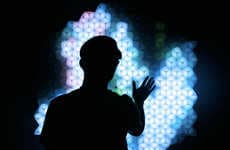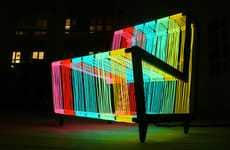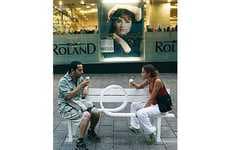
The 'Seesaw Bench'
Noora Abu Eitah — November 9, 2008 — Art & Design
References: martinnicolausson
Designed by Nicolausson Martin and Tom Eriksson, the concept of the 'Seesaw Bench' encourages people to interact with one another in public places.
The bench requires at least two individuals for it to be functional, which forces people, even strangers, to collaborate. That is, unless you feel like setting down alone in a really uncomfortable position.
Implications - Art can be seen everywhere now and people are becoming more aware of its existence in every day locations. Using art as a marketing tool is great because if it is set in an outdoor location, many people are going to see it and it will become memorable. Art also inspires interaction between people, who will then share it with others.
The bench requires at least two individuals for it to be functional, which forces people, even strangers, to collaborate. That is, unless you feel like setting down alone in a really uncomfortable position.
Implications - Art can be seen everywhere now and people are becoming more aware of its existence in every day locations. Using art as a marketing tool is great because if it is set in an outdoor location, many people are going to see it and it will become memorable. Art also inspires interaction between people, who will then share it with others.
Trend Themes
1. Forced Interaction - Designing products that require interaction between people, promoting a sense of community and cooperation
2. Interactive Art - Creating public art that encourages people to interact with each other, generating greater awareness and engagement with the art
3. Collaborative Design - Involving end-users in the design process to create products that foster collaboration and social interaction
Industry Implications
1. Urban Design - Opportunities for urban planners and architects to incorporate interactive design elements into public spaces, promoting social interaction and community building
2. Art and Design - Artists and designers can create new works that require audience interaction, generating greater engagement and awareness of public art
3. Education - Educators can use collaborative design elements to teach teamwork and cooperation, preparing future generations for a collaborative, connected workforce
2.8
Score
Popularity
Activity
Freshness

